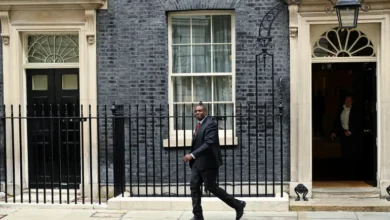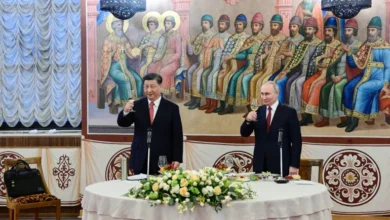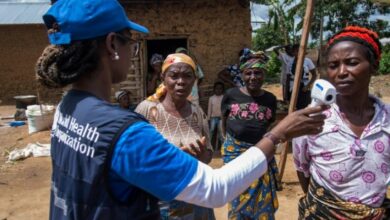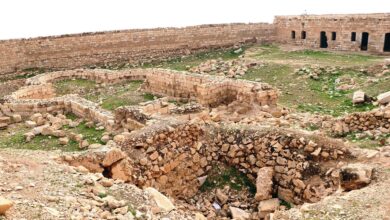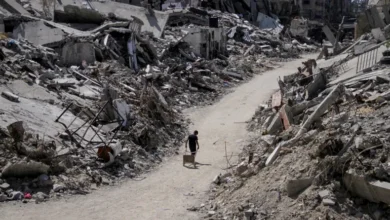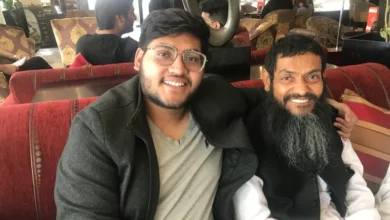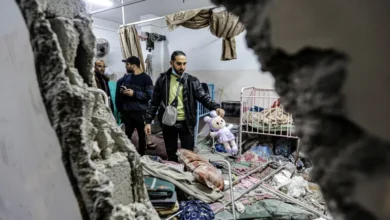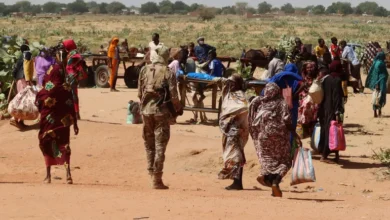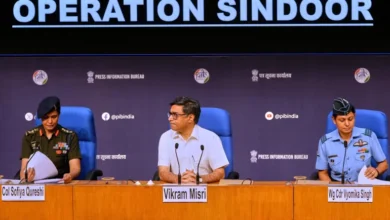COP 29: Developed economies must learn to prioritise lives over profits
Mariana Paoli
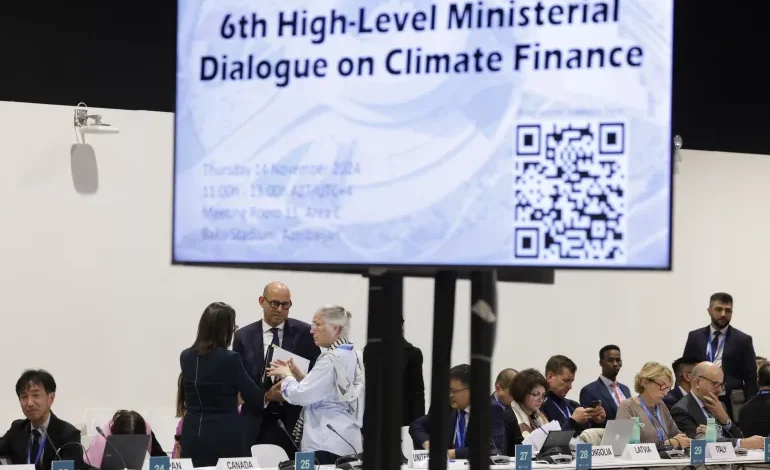
The flash floods that overwhelmed Spain’s eastern Valencia region two weeks ago were the deadliest natural disaster in the country’s living memory.
The Spanish government responded to the tragedy with the largest peacetime mobilisation of the military and police in the country’s recent history, but it was still heavily criticised for the delays in the delivery of emergency assistance to certain areas, and its perceived lack of preparedness for such a catastrophe.
The disaster in Spain, which killed more than 200 people and left countless homes and businesses submerged in mud, is a stark reminder that the toll of climate change is escalating, with more frequent and intense extreme weather events, and with more people and places being affected. When a developed country like Spain appears to be struggling to cope, what chance do developing countries have in the face of the catastrophes looming on the horizon?
This week, more than one hundred world leaders have convened in Baku, Azerbaijan for another round of UN climate negotiations: the COP29. At the top of the agenda is a new climate finance deal.At the 2009 Copenhagen Climate Summit, developed countries agreed that, by 2020, they would begin to collectively mobilise $100bn per year to support climate action in developing countries. This goal was finally met in 2022, two years after the deadline. Since then, countries have been working to secure a new, much more ambitious deal, dubbed New Collective Quantified Goal (NCQG), to replace the old one. The hope is that the new deal will significantly raise the promised yearly contributions above the floor of $100bn – which is largely insufficient, and close the growing gaps in the climate finance framework.Predictions for the amount of funds required to address the climate change-related needs of developing nations are now in the region of trillions of dollars. United Nations Framework Convention on Climate Change (UNFCCC), for example, estimates that developing countries will need between $5.8 to $5.9 trillion by 2030 at a minimum to address their climate needs. This means, that if developing nations are to have any chance of building clean-energy systems, preparing for extreme weather events and responding effectively to natural disasters like the one in Spain, it is crucial that a new, much more comprehensive climate finance deal is reached – and quickly.
As such, there are several “billion dollar questions” under debate this week in Baku: Where should the money to the NCQG come from, and how much? What types of finance should feed into it? What it should fund and where?
The negotiations for the NCQG have been under way for more than two years, but there is still no consensus among nations on these crucial questions.
Developing countries and civil society groups have already put forward concrete proposals about what NCQG should look like and involve, yet wealthier nations remain silent. The developed world’s lack of action on securing a new climate finance deal undermines trust and even risks unravelling the Paris Agreement.
Developed nations appear to be making two grave mistakes around NCQG negotiations that could have serious consequences for our collective future.
